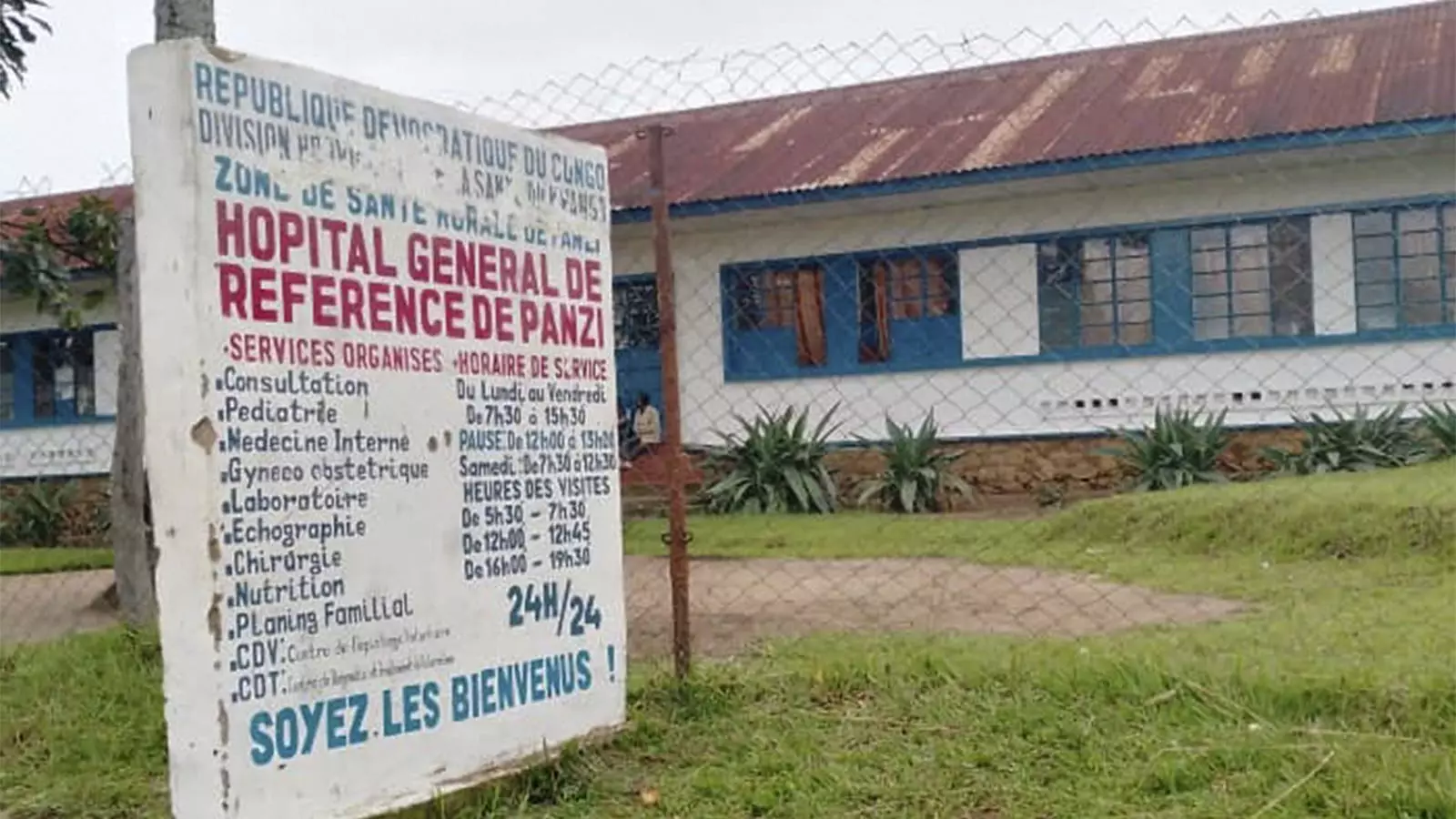In a shocking development that underscores the fragility of healthcare in rural regions, a man exhibiting symptoms of hemorrhagic fever succumbed to his illness in western Congo, reigniting fears of a potential viral outbreak alongside an already existing malaria crisis. The man’s demise has raised questions about the nature of the ongoing health emergency, which has already claimed the lives of dozens in the region. As health officials scramble to identify the causative agents of this outbreak, the intertwining factors of malnutrition and endemic diseases complicate the situation further.
Authorities first reported concerns regarding a flu-like illness that appeared to be predominantly attributed to malaria. Official communication indicated that with at least 37 fatalities and over five hundred cases identified, malaria seemed the likely suspect. However, the unexpected death associated with hemorrhagic fever symptoms cannot be overlooked and might suggest that an unidentified viral pathogen is at play, prompting investigations into its legitimacy.
The struggle with both malaria and rising malnutrition levels in the Panzi area of Kwango province adds significant layers of complexity to this health crisis. Ngashi Ngongo, an official with the Africa Center for Disease Control and Prevention, suggested a working hypothesis where the outbreak could either stem from an exacerbation of severe malaria, worsened by malnutrition, or from a concurrent viral infection, highlighting the multi-faceted public health challenges looming in the region.
As the private and public health infrastructure is strained, data emerging from health facilities show a striking correlation between the reported cases and the historical prevalence of malaria in the area. The disturbing fact that 86% of tested samples came back positive for malaria is indicative of the disease’s pervasive nature in the region. However, it cannot be disregarded that there are additional potential threats lying dormant that may emerge if left unaddressed.
The Role of the WHO and Local Health Responses
The esteemed World Health Organization (WHO) has been on the ground to assist in addressing the outbreak. WHO Director-General Tedros Adhanom Ghebreyesus, PhD, emphasized the need for thorough testing, acknowledging the dual nature of the health crisis. Most cases and fatalities reported have been among individuals under the age of 14, lending a tragic familial dimension to the issue and highlighting a demographic most vulnerable to health crises.
Additionally, experts have initiated sample collection and testing, an approach hampered by logistical challenges associated with the difficult terrain, as evidenced by a two-day travel journey in accessing the affected zones. These conditions emphasize the pressing need for improving local healthcare systems so that rapid responses to such outbreaks are feasible, which is often thwarted by distance and lack of infrastructure.
As health authorities work tirelessly to decipher the complexities of the outbreak, the broader implications for public health in western Congo cannot be ignored. Considering that Panzi has previously faced epidemics such as typhoid fever two years ago, and is currently battling a resurgence of seasonal flu, the situation depicts the region as one grappling with multiple health crises compounded by systemic weaknesses.
The necessity for preventative measures, better access to healthcare, and public health education becomes exceedingly clear in such contexts. The timely identification and isolation of these infectious agents could mean the difference between life and death for many in this vulnerable population. Addressing malnutrition, enhancing the capacity for local disease detection, and fostering a well-coordinated response team should be prioritized.
The alarming outbreak in western Congo, marked by the emergence of a possible viral infection coupled with a malaria crisis, serves as a chilling reminder of the need for robust health systems in vulnerable regions. The collaboration of international health organizations, local governments, and communities will be crucial in combatting the dual threats of infectious diseases and malnutrition. It is a race against time to understand the origins and implications of this outbreak, and the outcomes of these efforts could pave the way for future health interventions in the region.

Leave a Reply